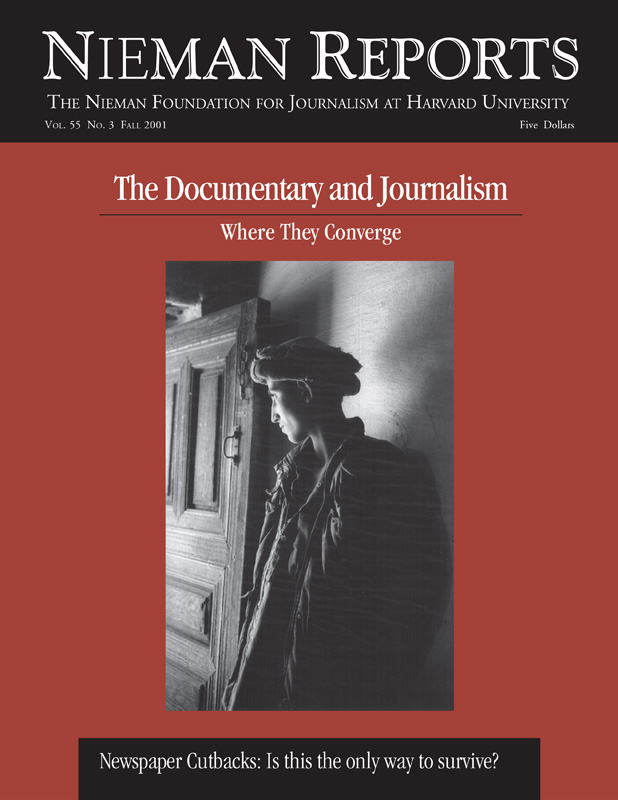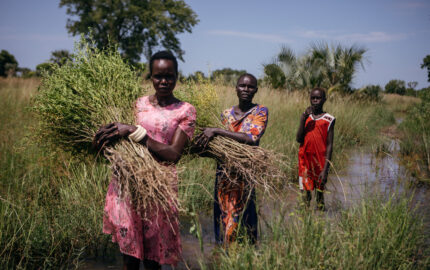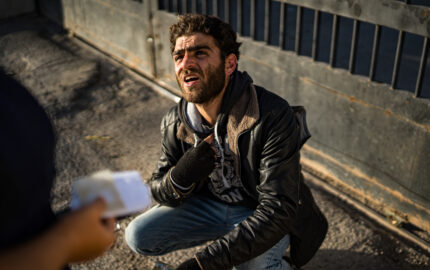
What does democracy look like away from Capitol Hill? How is it created and maintained today among the individuals in one dot or another on the map of the United States? And who are those individuals? For such an inquiry, requiring an immersion in local detail to make a meaningful larger picture, a documentary approach seems apt.
“Indivisible: Stories of American Community” is a multi-media documentary project of the Center for Documentary Studies at Duke University in partnership with the Center for Creative Photography at the University of Arizona, and funded by the Pew Charitable Trusts. The project seeks to document grassroots democracy in 12 locations in the United States where community members are working together in local initiatives to address concerns such as race relations, health care, housing, environmental issues, and cultural development.
Among the efforts documented are marine conservation in Alaskan fishing communities, Haitian immigrants fighting drug use and crime in Florida, a Navajo Nation project to renew traditional knowledge and skills involving sheep and wool, and a Philadelphia neighborhood converting 87 abandoned properties into a local cultural center.
In each location, a photographer teamed up with an interviewer to record the community life in images and through the voices of individuals. Twelve photographers were chosen who “have made considerable contributions to social history and the art of photography, and bring their own artistic viewpoint to each community site,” according to the project’s press release. Those who participated were: Dawoud Bey, Bill Burke, Lucy Capehart, Lynn Davis, Terry Evans, Debbie Fleming Caffrey, Lauren Greenfield, Joan Liftin, Reagan Louie, Danny Lyon, Sylvia Plachy, and Eli Reed.
To gather the voices, journalists, oral historians, radio producers, and folklorists conducted extensive interviews. They were: Merle Augustin, Dan Collison, Barry Dornfeld, George King, Jack Loeffler, Jens Lund, Karen Michel, Daniel Rothenberg, Jeff Whetstone, and Joe Wood.
“Indivisible” is traveling as an eight-city museum exhibition. It can also be seen at the project’s Web site, www.indivisible.org, in postcard exhibits, and in a book titled “Local Heroes Changing America” (W.W. Norton & Company, with Lyndhurst Books, 2000). The photographs, tapes and transcripts will be housed at the University of Arizona and Duke University, and made available to the public.


